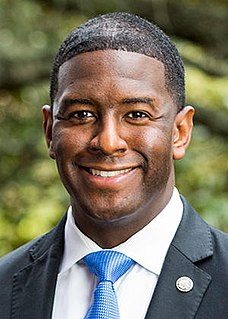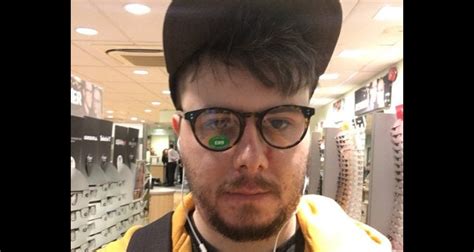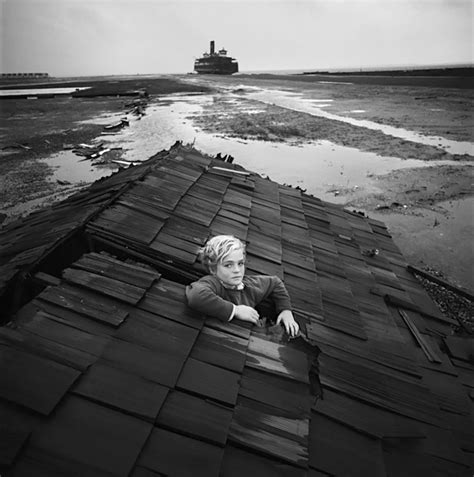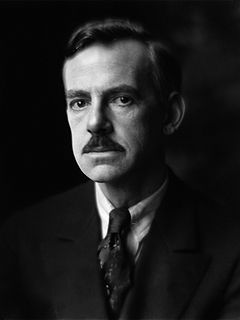A Quote by Jorge Luis Borges
Music, feelings of happiness, mythology, faces worn by time, certain twilights and certain places, want to tell us something, or they told us something that we should not have missed, or they are about to tell us something; this imminence of a revelation that is not produced is, perhaps, the esthetic event.
Related Quotes
What is it about maps and globes that seems to require our undivided attention? I've spent hours looking at maps of places I will never see and maps so old that they are a record of nothing but the faintest glow of the past. Perhaps they turn us into gods, letting us look down at the insignificant drones that occupy the earth. Or maybe they simply feed off our hunger to go off into the unknown. Venturing off to places where people don't chain themselves to tedious jobs and financial debts but places of imagination, mystery and freedom Perhaps they're just trying to tell us something.
The gay life is filled with as much cruelty and loneliness as the heterosexual life... I search into my dreams or desires and try to ask myself how these feelings can be made into concrete images... Are they really abnormal, or are they trying to tell us something we have repressed about ourselves, something we don't want to see, something about the darker side of the human condition itself?
Books should be right up there with exercise and diet as something that don't just entertain us but heal us. They tell us we are not alone and fix the pieces of us that can be shattered by reality. They are teachers, and they are friends, and we should never contemplate a world - or a life - without them.
The mythology around colorblindness leads people to imagine that if poor kids of color are failing or getting locked up in large numbers, it must be something wrong with them. It leads young kids of color to look around and say: "There must be something wrong with me, there must be something wrong with us. Is there something inherent, something different about me, about us as a people, that leads us to fail so often, that leads us to live in these miserable conditions, that leads us to go in and out of prison?"
I'm really glad that our young people missed the Depression and missed the great big war. But I do regret that they missed the leaders that I knew, leaders who told us when things were tough and that we'd have to sacrifice, and that these difficulties might last awhile. They didn't tell us things were hard for us because we were different, or isolated, or special interests. They brought us together and they gave us a sense of national purpose.
If others tell us something we make assumptions, and if they don't tell us something we make assumptions to fulfill our need to know and to replace the need to communicate. Even if we hear something and we don't understand we make assumptions about what it means and then believe the assumptions. We make all sorts of assumptions because we don't have the courage to ask questions.
Lord, please restore to us the comfort of merit and demerit. Show us that there is at least something we can do. Tell us that at the end of the day there will at least be one redeeming card of our very own. Lord, if it is not too much to ask, send us to bed with a few shreds of self-respect upon which we can congratulate ourselves. But whatever you do, do not preach grace. Give us something to do, anything; but spare us the indignity of this indiscriminate acceptance.
My mate Karl once told me he’d been looking after this five-year-old boy who – not knowing enough to have an ironic inflection to his words – said, ‘I want something.’ He didn’t know what it was. Not ‘I want sweets’, or ‘a can of Coke’, or ‘to watch the Tweenies’, or whatever it is they’re into now (I like Bagpuss), but ‘I want something.’ All of us, I think, have that feeling. And what heroin does when you first start taking it is tell you what that something is.
There’s a real question as to what beauty is and why it’s important to us. Many pseudo-philosophers try to answer these questions and tell us they’re not really answerable. I draw on art and literature, and music in particular, because music is a wonderful example of something that’s in this world but not of this world. Great works of music speak to us from another realm even though they speak to us in ordinary physical sounds.







































